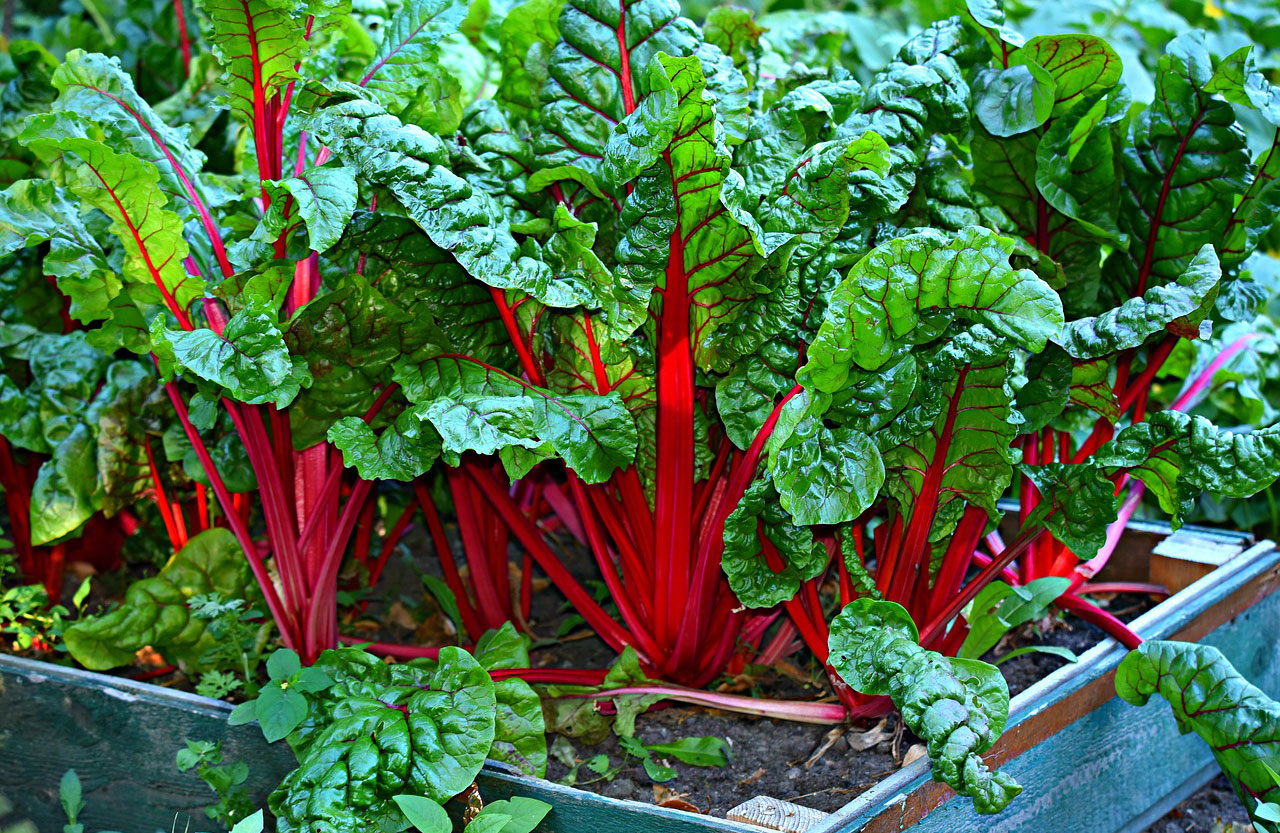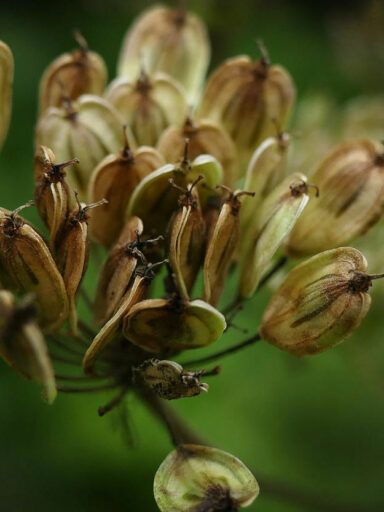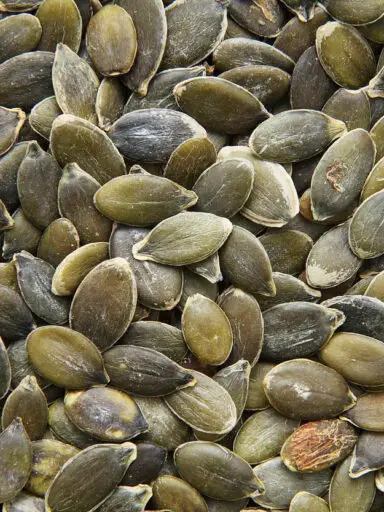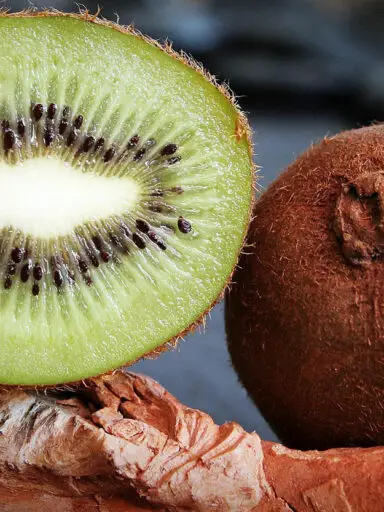Chard or better known as Swiss Chard is a biennial, creased leafy vegetable with colored stalks and a leaf blade that can be green or reddish in color. The stalks vary from white yellow or red in color. It is closely related to the sugar beet and beetroot.
This vegetable which is popular in the Mediterranean regions goes by several other names such as bright lights, crab beet, Mangold, perpetual spinach, seakale beet, silverbeet, and spinach beet. In Parts of Africa and Australia, it is simply known as Spinach.
Harvest of Swiss chard happens throughout the growing period. Younger leaves can be harvested and are especially ideal for eating raw in salad dishes while the more mature leaves can be used for cooking in vegetable dishes.
When buying fresh chard from the market, you need to select a crop that has crispy, crunchy, glossy, and brilliant dark-green color leaves. It does not keep well when raw and should be cooked as soon as possible after harvest has been done.
Chard can be stored in a refrigerator with high humidity levels for one to two days at most.
Swiss Chard Preparation for Food
Chard should be washed thoroughly under running water and rinsed in salty water for about 30 minutes. This should be done to remove all the soil and dirt particles as well as pesticide and fungicide residue.
The young leaves can be used whole or chopped and eaten raw in salad dishes. The mature tougher leaves should be cooked using various methods. Generally, you can fry, sauté, braise, boil and stir-fry the vegetable. It should not be cooked for long periods as this will destroy the nutrients.
This Swiss chard can be the star of the dish or can be mixed with other vegetables. It can be used as a filling in pie and quiche dishes as well.
Nutritional Benefits
Chard contains just 19 calories per 100 grams of fresh leaves. It is low in fats and contains no cholesterol. It is rich in dietary fiber and anti-oxidants. it is also rich in several vitamins and minerals.
It contains various amounts of B-complex vitamins, most notably pyridoxine and riboflavin. Others found in chard include folates, niacin, pantothenic acid, and thiamin. Swiss Chard is very rich in vitamin A and vitamin K. It is also rich in vitamin C and vitamin E.
As for the minerals, the vegetable contains plenty of sodium and potassium. It is also rich in copper and iron as well as Magnesium. It is also a good source of potassium, manganese, and phosphorous as well as some zinc.




